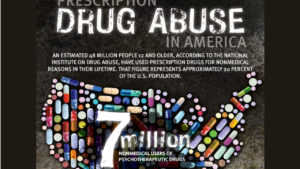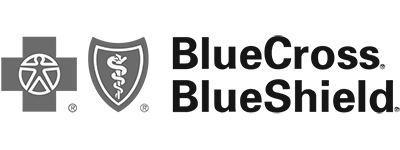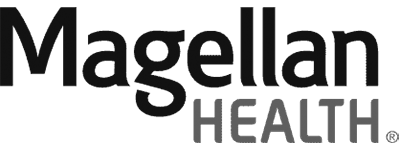What Is Prescription Drug Abuse?
Prescription drugs treatment options are on the rise. Regardless of one’s socio-economic background, prescription drugs are a large and increasing problem in the United States. Doctors prescribe drugs for a variety of reasons, but when someone takes the drug for a different reason, that is considered abuse. They might take it to feel euphoria, stimulated, or to deal with pain.
Once the person begins to abuse the prescription regularly, they are at risk of developing a prescription drug use disorder. One of the risks of prescription drugs is that they are easy to access via using someone else’s prescription or using your own for an unintended purpose.
There are three categories of prescription drugs under the term “non-medical use” that refers to the types that are most commonly misused:
- Opioids, which are usually prescribed to address pain. Our opioid drug rehab in Austin Texas explains the early warning signs of being addicted to opioids
- Stimulants, which usually address attention-deficit hyperactivity disorder (ADHD)
- Central nervous system (CNS) depressants, which are usually prescribed to treat anxiety and issues with sleeping
Prescription drug abuse has risen considerably in the past 20 years. In fact, it is estimated that at least 18 million people in the U.S. have misused a prescription drug in the past year. Oakvine can help. We understand the categories, their effects, and how to help you get sober. We will create the treatment plan that best addresses your unique circumstances.
What Are the Symptoms of Prescription Drug Abuse?
If you’re concerned that you or someone you know may have a prescription drug use disorder, you should look for the signs. Some combination of the following items will tell you that it may be time for help:
- Fixation on using the prescription drug more frequently
- Needing to take higher doses of the drug to receive the same feeling
- Focus on ensuring there is adequate supply of the drug
- Putting yourself at financial risk to pay for the drug
- Neglecting social, professional or other responsibilities because of prescription drug misuse
- Trying to stop using the drug but failing to do so
- Continuing to abuse the prescription drug even when you recognize the physical, psychological or emotional harm it causes
- Behavior changes such as being more secretive, uncommunicative, or unmotivated
- Physical changes such as dramatic weight loss or gain, lack of energy, not paying attention to personal grooming, or red eyes
- Engaging in bad activities such as stealing to obtain the prescription drug
- Spending the majority of your time using the drug, trying to get more, or recovering from abusing it
What Are the Long-Term Effects of Prescription Drug Misuse?
Prolonged abuse of prescription drugs can have a number of serious effects, both direct and indirect, including:
- People with prescription drug use disorder are at a high risk of overdose; for example, the number of opioid overdoses rose five times between 1999 and 2016.
- Risk of committing crimes. Heavy prescription drug users have been known to steal to afford drugs and engage in riskier behaviors.
- Damaged relationships. Without treatment, those suffering from a prescription drug use disorder may permanently damage relationships with family and friends.
- Low blood pressure. This is a common effect of opioid misuse, and also from CNS depressants.
- Memory problems. Damage to memory occurs from misuse of CNS depressants.
- Blood pressure and heart problems. Abusing stimulants can cause high blood pressure, heart issues, raised body temperature, and seizures.
How do we Administer Treatment for Prescription Drug Abuse?
Oakvine’s prescription drug rehab center in Austin Texas uses the industry’s best practices by personalizing treatments for each patient. Some practices we might employ are:
- Cognitive-behavioral therapy. Through this approach, we help patients recognize patterns of bad behavior and negative environments, and then teach how to develop strategies to avoid them.
- Contingency management. One way to motivate sobriety is to provide real, tangible rewards for maintaining it.
- Group therapy. Many patients are surprised to learn how many others have experienced similar problems, and they benefit greatly from the moral and emotional support.
- Family therapy. Damaged relationships are not lost; rather, our professional therapists can make family members an integral part of your recovery and help rebuild the bonds you share.
Call our Treatment Center Today
Our treatment center is experienced in treating prescription drug addiction. Prescription drug misuse is one of the most common substance use disorders. If you think you or someone you know needs help, remember: you’re not alone. Oakvine Recovery Center has the expert staff and years of experience to help you recover.
Call (877) 255-6890 to get started.




